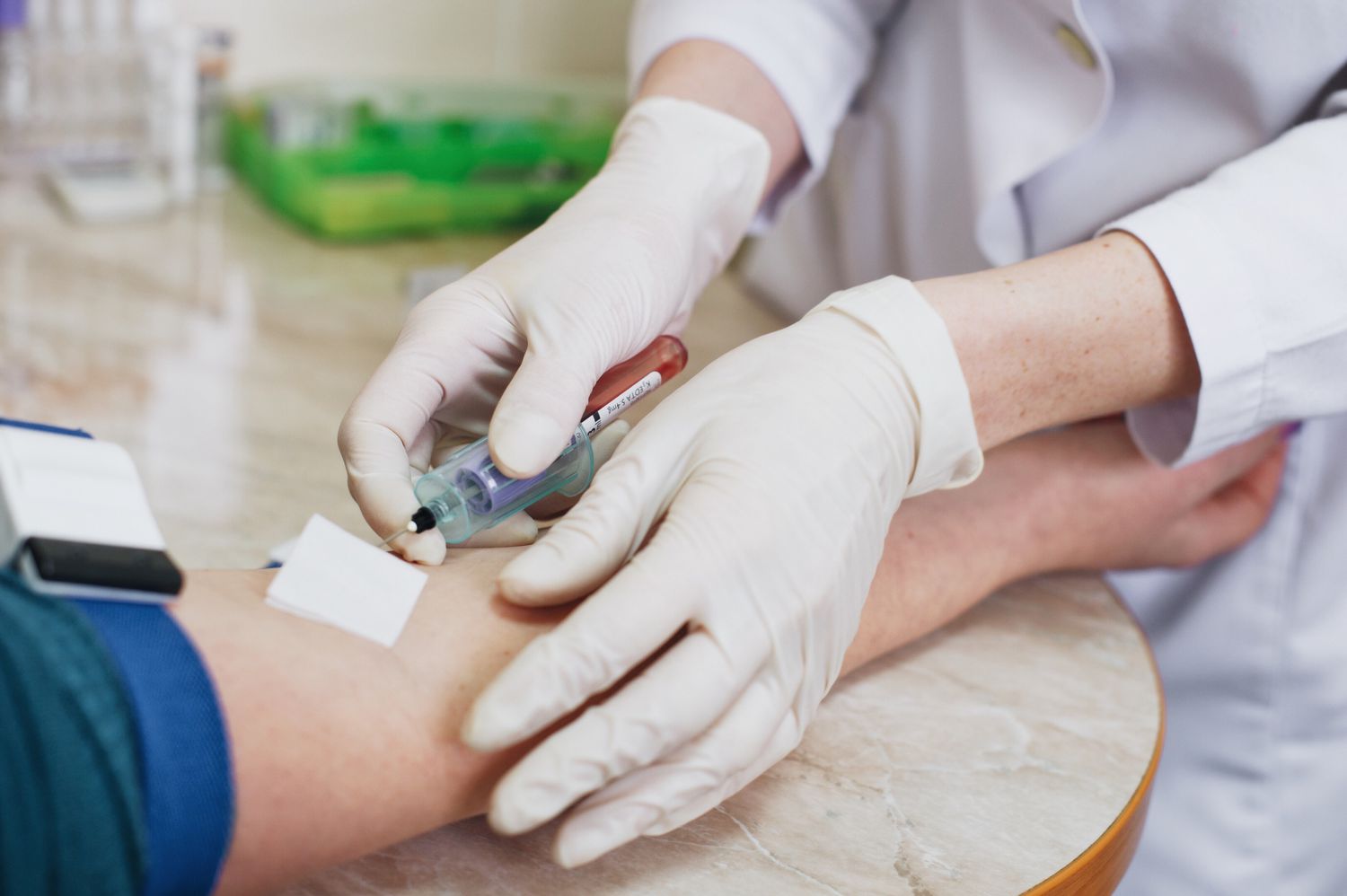How Regular Blood Testing Helps Detect Health Issues Early

Regular blood testing is a cornerstone of preventive healthcare, providing critical insights into your overall health. By analyzing various components of your blood, healthcare providers can detect early signs of potential health issues before symptoms appear. This proactive approach allows for timely interventions, improving outcomes and promoting long-term wellness.
The Importance of Regular Blood Testing
Blood carries essential information about your body's internal functions. It can reveal imbalances, deficiencies, and markers of disease that may not yet produce noticeable symptoms. Regular testing helps identify conditions such as anemia, diabetes, high cholesterol, thyroid disorders, and infections. Early detection through blood work is crucial because it allows healthcare providers to address problems promptly, often before they become serious or chronic.
Key Health Metrics Monitored Through Blood Tests
- Complete Blood Count (CBC): Measures red and white blood cells, hemoglobin, and platelets. It helps detect anemia, infections, and certain blood disorders.
- Blood Glucose Levels: Monitors sugar levels in the blood to identify prediabetes and diabetes, enabling early lifestyle changes or treatment.
- Cholesterol and Lipid Panel: Assesses heart health by measuring LDL, HDL, and triglycerides, helping to prevent cardiovascular disease.
- Thyroid Function Tests: Detects thyroid imbalances that can affect metabolism, energy levels, and overall hormonal health.
- Liver and Kidney Function Tests: Evaluates the health of vital organs and identifies early signs of liver disease or kidney problems.
- Vitamin and Mineral Levels: Identifies deficiencies that can impact immunity, bone health, and overall vitality.
Benefits of Early Detection
Early detection through regular blood testing has numerous benefits:
- Prevention of Complications: Identifying issues early reduces the risk of complications from untreated conditions.
- Timely Treatment: Early intervention allows for more effective treatment options and better health outcomes.
- Improved Quality of Life: Maintaining optimal health through regular monitoring can prevent the progression of chronic diseases.
- Personalized Healthcare: Blood test results provide valuable information for creating tailored wellness and treatment plans.
How Often Should You Get Blood Tests?
The frequency of blood testing depends on age, medical history, lifestyle, and existing health conditions. For generally healthy adults, annual blood tests are often recommended. Individuals with chronic conditions or risk factors for specific diseases may require more frequent testing. Your healthcare provider will determine the appropriate schedule based on your unique needs.
Making Blood Testing Part of Your Routine
Incorporating regular blood tests into your healthcare routine is a simple yet powerful way to stay proactive about your health. Combine testing with regular physical exams, a balanced diet, regular exercise, and stress management to optimize your overall well-being.
Call to Action
Take control of your health with regular blood testing. Schedule your Blood Draws In East Brunswick, NJ at Family Medicine & Dentistry of East Brunswick today and detect potential health issues early for a healthier future.

